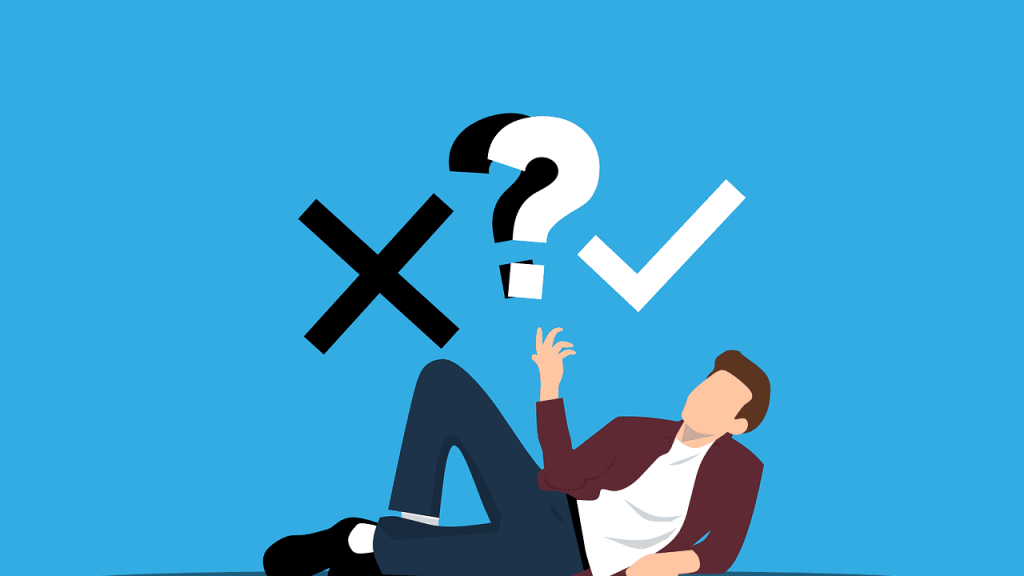Food stamps, officially known as the Supplemental Nutrition Assistance Program (SNAP), help people with low incomes buy groceries. But what happens if you decide to share your food stamps with someone else? That’s where things get tricky, and it’s important to understand the rules. This essay will explain whether it’s illegal to share food stamps, what the consequences might be, and why these rules are in place. We’ll break it down so you can understand this important topic.
Is Sharing Food Stamps Against the Law?
Yes, in almost every situation, it is illegal to share food stamps with someone who is not authorized to use them. The government provides SNAP benefits to eligible individuals and families based on their financial need. These benefits are intended for the specific person or household that is approved. Allowing someone else to use your EBT card, which holds the SNAP benefits, is considered a violation of the program’s rules and regulations.

What Constitutes “Sharing” Food Stamps?
Sharing food stamps can take many forms. It’s not just about handing over your EBT card and PIN. Think about it: if someone else uses your card to buy groceries, that’s sharing. It’s also sharing if you give your card to someone and tell them your PIN, even if you don’t physically go shopping with them. Even if you’re just buying food for someone with your card, you’re breaking the rules.
This is because the government needs to make sure the food assistance goes to the people who need it most. They carefully determine eligibility for the program, and the rules are designed to prevent fraud. Some examples of activities that could be considered sharing include:
- Allowing a friend to use your EBT card.
- Giving someone your PIN so they can shop for you.
- Using your benefits to buy food for someone else, even if you’re present.
- Selling items purchased with SNAP benefits for cash.
The intention of the action is not a defense. Even if you’re trying to help someone, sharing food stamps can still lead to penalties.
Consequences of Sharing Food Stamps
The penalties for illegally sharing food stamps can be pretty serious, varying depending on the offense. The consequences can include warnings and disqualification from the SNAP program. Depending on the amount of benefits involved and the severity of the offense, you might face other troubles.
For instance, if you’re caught letting someone else use your card to get groceries, it could lead to:
- Warning: First-time offenders might receive a warning.
- Disqualification: You might be suspended from receiving SNAP benefits for a period of time, like a few months or even a year.
- Fines: You may have to pay back the value of the misused benefits.
- Legal Charges: In more serious cases, you could face criminal charges, which could lead to fines and even jail time.
Additionally, the person who used your benefits could also face penalties, even if they weren’t the original cardholder.
Why Are There Rules Against Sharing Food Stamps?
There are important reasons for the rules against sharing food stamps. The government has allocated money for food assistance, and they need to make sure this money is being used correctly. The first goal is to make sure benefits are only given to people who qualify. This helps to ensure that limited resources go where they’re most needed.
Food stamps are designed to help individuals and families who meet specific income and resource requirements. If benefits are misused, this could mean less food for the people who are supposed to receive this help. Another goal is to prevent fraud. The federal government doesn’t want to have people taking advantage of the system, and the rules are designed to prevent this.
| Reason | Explanation |
|---|---|
| Fairness | Ensures only eligible people get benefits. |
| Resource Allocation | Makes sure that the money is used properly. |
| Preventing Fraud | The laws deter misuse of the program. |
By having these rules, the government tries to make sure that food assistance programs are fair, honest, and effective.
What if I See Food Stamp Misuse?
If you see someone misusing food stamps, you have options. You can choose whether or not to report it. You can report suspected fraud to the state’s SNAP agency or the USDA’s Office of Inspector General (OIG). Most states have a dedicated hotline or online reporting system.
You can remain anonymous when reporting. You don’t need to provide your name or other personal information when you make a report. The information you share can help ensure that food assistance programs are protected. This could help ensure that people get the benefits they need. When reporting, try to include as much information as possible.
- Who: Provide the name of the person you suspect of misuse.
- What: Explain what they are doing.
- When: When did the activity happen?
- Where: Where did it take place?
Reporting suspected misuse helps protect the program and ensures that everyone gets treated fairly. This is important.
In conclusion, sharing food stamps is generally illegal. It’s important to understand the rules and the potential consequences. The rules exist to ensure that the SNAP program is fair, effective, and reaches the people who really need it. If you’re ever unsure about what you can and can’t do with your food stamps, it’s always best to contact your local SNAP office for clarification. They’re there to help, and they can provide accurate information about the rules and regulations.